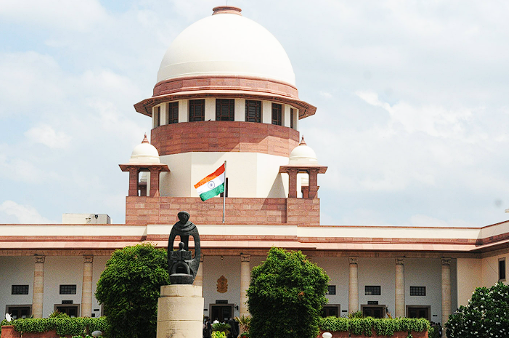Supreme Court Ruling on Non-Cognizable Offences
In January 2025, the Supreme Court clarified the parameters for police investigations into serious and non-serious crimes. The Court distinguished between cognizable and non-cognizable offences, emphasising the importance of safeguards in place for non-cognizable offences. This ruling arose from a case involving allegations against an appellant under specific sections of the Indian Penal Code (IPC).
Cognizable vs Non-Cognizable Offences
Cognizable offences allow police to initiate investigations without prior approval. Non-cognizable offences require a magistrate’s order before police can act. This distinction is crucial for maintaining the balance between individual rights and state authority.
Legal Safeguards for Non-Cognizable Offences
The Court brought into light that non-cognizable offences come with built-in safeguards. These measures prevent the immediate use of police powers, ensuring that citizens’ liberties are protected. The investigation of non-cognizable offences must be vetted by a legally trained individual in the presence of a Judicial Magistrate.
The Role of Public Servants
For non-cognizable offences involving public servants, a complaint must originate from the affected public servant. This requirement adds another layer of protection against misuse of police authority. The Court asserted that without such a complaint, police cannot initiate an investigation.
Section 195 of the Criminal Procedure Code
Section 195 mandates that cognizance of certain offences can only be taken based on a complaint from a public servant. The Court reiterated that this complaint must be directed to a Judicial Magistrate, not an Executive Magistrate. This distinction is vital for legal proceedings.
Implications of the Ruling
The ruling has implications for how non-cognizable offences are handled. It reinforces the need for judicial oversight in cases involving public servants. The decision also puts stress on the necessity of following proper legal channels before police can act.
- Section 186 IPC addresses obstruction of public servants.
- Section 353 IPC involves assault or criminal force against public servants.
- A Judicial Magistrate must receive complaints for cognizance.
- The term “non-cognizable” refers to offences requiring magistrate approval.
- Safeguards protect citizens from police overreach in investigations.
The Quashing of Criminal Proceedings
In the case at hand, the Court quashed the criminal proceedings against the appellant. The Bench found that the necessary legal prerequisites were not met, particularly concerning the filing of a complaint by a public servant. The absence of such a complaint rendered the police investigation illegal, illustrating the importance of adhering to established legal protocols.
Month: Current Affairs - January, 2025
Category: Legal & Constitution Current Affairs







